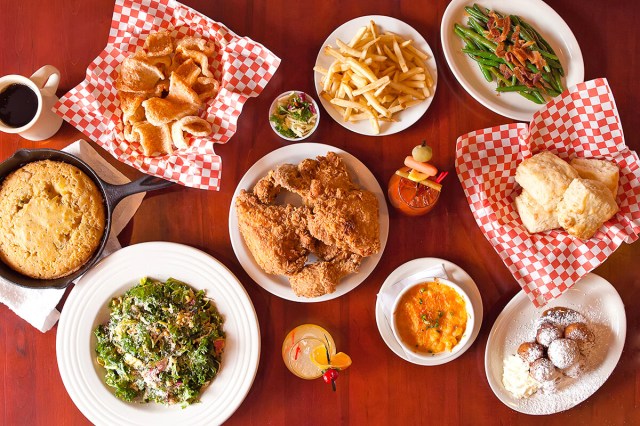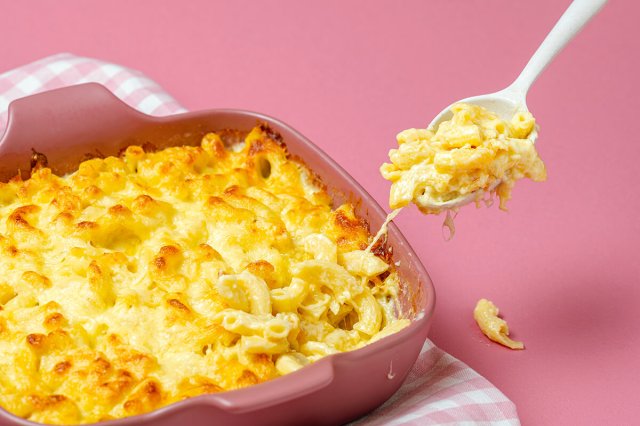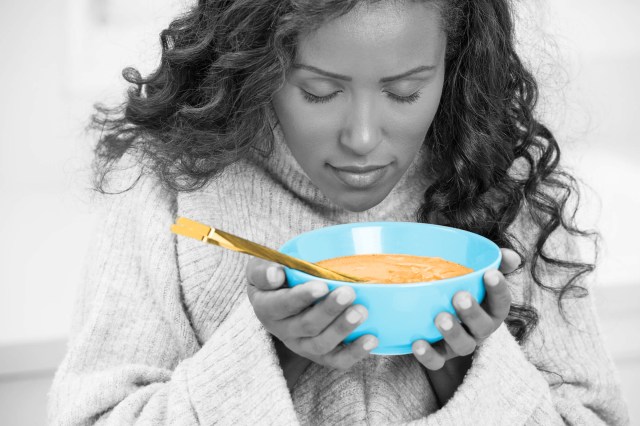
We Have Neurotransmitters To Thank
Comfort foods can have a powerful impact on our brain chemistry, triggering the release of neurotransmitters — chemical messengers that allow neurons to communicate with each other throughout the body — that can affect our mood and emotions. Arguably the most significant neurotransmitter associated with the consumption of comfort foods is dopamine, which is released by our brain’s hypothalamus. Dopamine gives us feelings of pleasure, satisfaction, and motivation. In other words, it floods us with good feelings after doing something we enjoy, thus reinforcing our desire to engage in these behaviors.
Many comfort foods, particularly those high in carbohydrates, can also increase the production of serotonin, another neurotransmitter associated with feelings of happiness and well-being. This is why we often crave sugary or starchy foods when we’re feeling down, as they can help our bodies make serotonin, thereby decreasing the stress hormone cortisol and making us feel calmer.

A Shortcut to Childhood
Psychology goes hand in hand with neurochemistry when it comes to understanding the wondrous effects of comfort foods. Foods can easily trigger emotional associations — both unconsciously and consciously — to past joyful and pleasant experiences. Many comfort foods are linked to positive childhood memories from childhood, which explains why we often crave the foods we ate as kids, whether it’s mac and cheese, chicken pot pie, or chocolate cake. Consuming these foods can evoke nostalgia and its associated positive emotions, which in turn releases those feel-good neurotransmitters.

Comfort Foods Are Social and Cultural
The psychology behind comfort foods is heavily related to our cultural influences. Not only do comfort foods elicit a strong emotional connection to our family and upbringing, but sharing these comfort foods with others can also strengthen social bonds and foster a sense of belonging, which can have a positive impact on our well-being. A 2015 study found that comfort foods were associated with our close relationships, reminding us of our social ties and therefore helping us feel less lonely.
Culture, of course, is a wonderfully diverse and colorful concept. Different cultures have their own traditional comfort foods, which often reflect beloved local ingredients and cooking methods — from chicken congee in China to moussaka in Greece. These foods are often closely tied to cultural identity and shared experiences, again providing us with a sense of nostalgia and belonging.
Because of this, what any one person considers comfort food is highly individual.
For example, memoirist and civil rights activist Maya Angelou said, “The best comfort food will always be greens, cornbread, and fried chicken.” Austrian celebrity chef Wolfgang Puck, meanwhile, prefers wiener schnitzel and mashed potatoes, “because it reminds [him] of [his] youth.” Wherever we come from and whatever our cultural background may be, it’s good to know we can always turn to our particular comfort foods when we have need of them.










